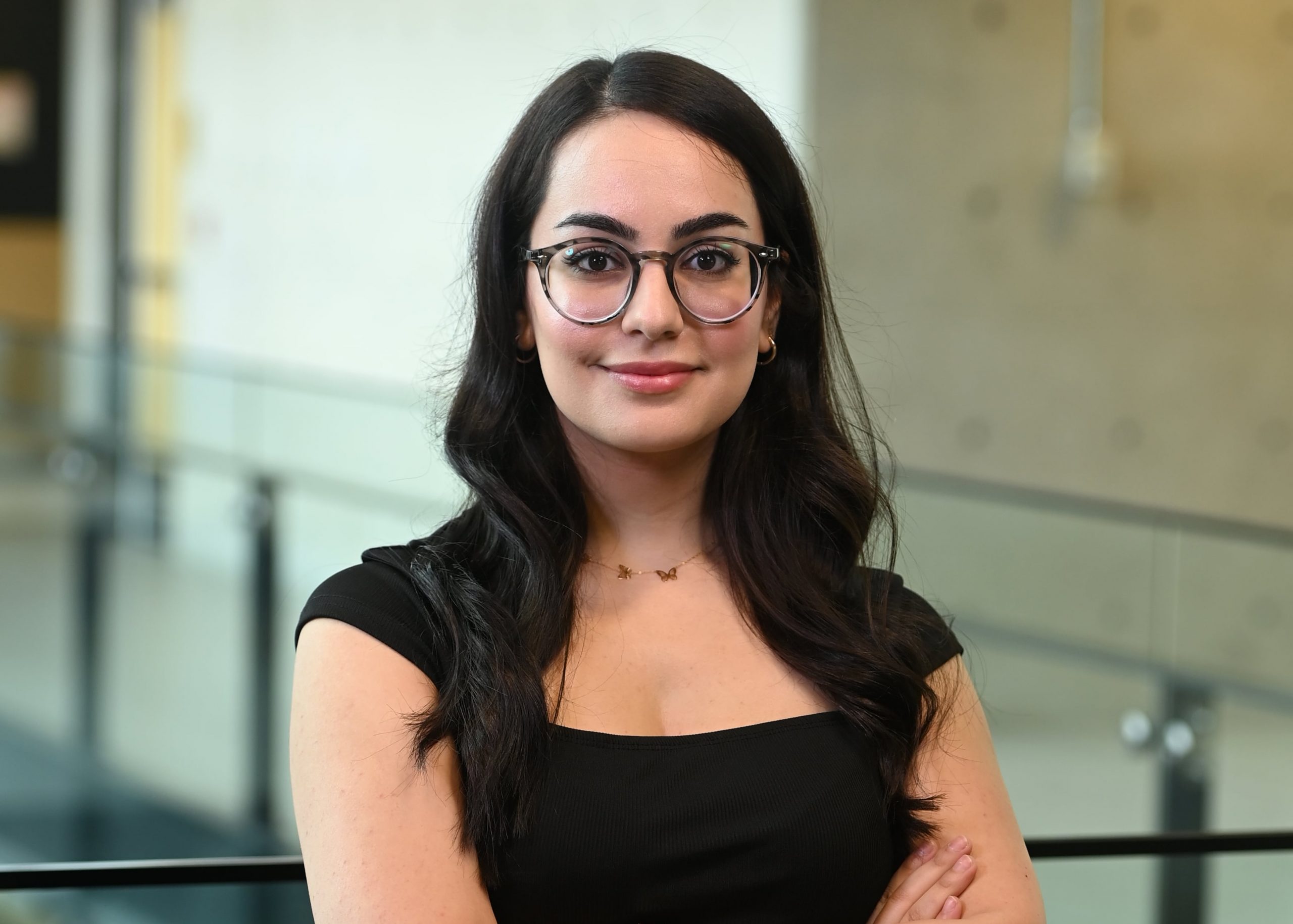
In high school, I watched my straight-A friend nearly fail her semester after an excruciating breakup, only to get back on track once her boyfriend showed up at her door with roses and an apology. My earliest memory is of my mom sobbing relentlessly at my father’s funeral, even though they had been separated for years and she claimed to have never really loved him.
Before I had words to describe it, I have been captivated by the power our relationships seemingly held over us. Years later, now an emerging relationships researcher, I saw my observations supported, over and over, by scientific evidence. Relationship quality is a stronger predictor of a long, happy life than money, intelligence, or even genetics. Chronic loneliness is just as deadly as chronic smoking or alcohol use. The implication is clear: good relationships make us happier and healthier.
But what is a good relationship? And how can we find one?
Your mind might already be putting together a list of attributes that make a good partner. Good with children, athletic, kindhearted, honest… for most of us, the list can go on and on. But most of us easily forget that being with a good partner isn’t the same as being in a good relationship. Regardless of who it is we’re in a relationship with, we have expectations for what they should do when we’re with them.
It’s these expectations that might be setting our partners—and relationships—up for failure.
On a societal level, what we want from our romantic partners has changed indescribably in the last several decades. Constantly tantalized by the books, movies, and our friends’ social media profiles flooded with fairytale endings, our expectations have skyrocketed. Our partners should be our lovers, of course, but also our best friends, our teachers, our advisors, our confidantes. As brilliantly captured by psychotherapist Esther Perel: “You’re asking one person to give you what an entire village used to provide.”
No wonder our relationships have such a chokehold on our well-being, and more importantly, no wonder we so often end up disappointed. On paper, the standards we have for our relationships seem impossible to meet, and yet they’re normalized to a point where we may not even have noticed we had these standards. It’s a subconscious truth most of us never even realized we had accepted. We might be setting our relationships up to fail without being aware that we’re doing it.
Recognizing and reconstructing these expectations is as crucial as it is challenging. It’s paradoxical, almost, to expect ourselves to simultaneously accept that our relationships are more important for well-being than just about anything else and that it can be damaging to hold our partners to such a high standard.
My next handful of posts will delve into how we can start reflecting on what a good relationship really means to us and alleviate some of the pressure we might unknowingly be putting on our partners.
As for this post, I’ll end with another quote. A blueprint to set the stage for the rest of the series, if you will:
“Sometimes, when we seek the gaze of another, it isn’t our partner we are turning away from, but the person we have become. We are not looking for another lover so much as another version of ourselves.” –Esther Perel










